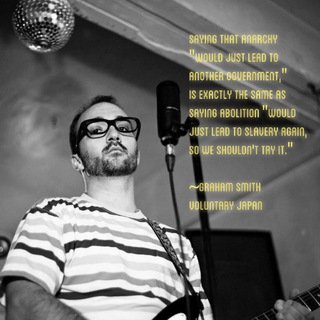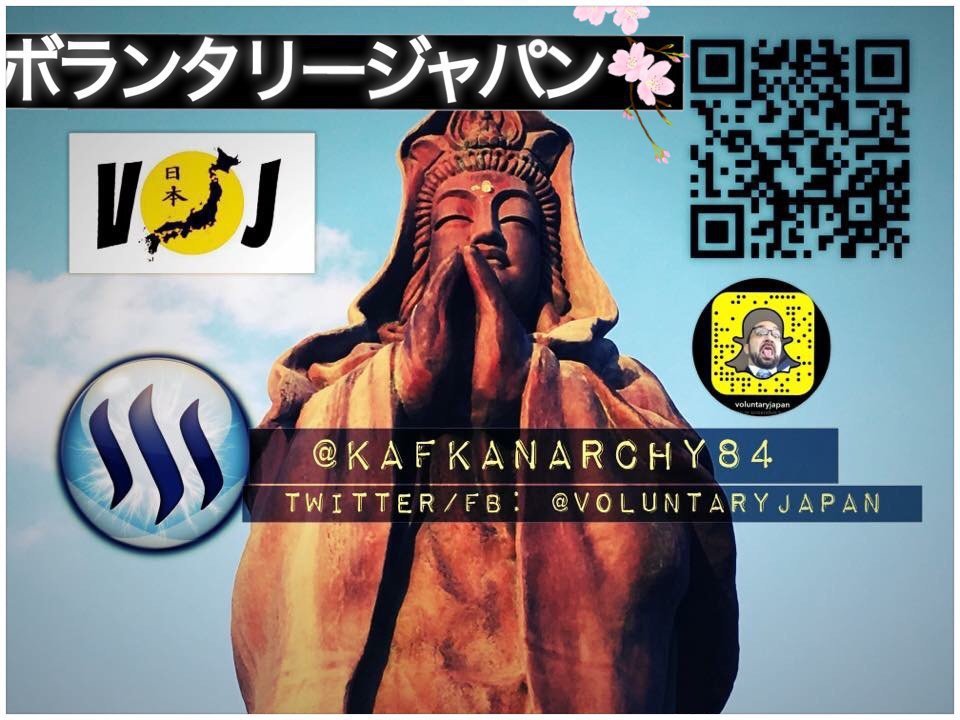.jpg)
Today is the Tanabata festival here in Japan.
Tanabata means literally, "the evening of the 7th," and centers around the traditional Chinese mythology of Orihime (織姫, "Weaving Princess") and Hikoboshi (彦星, "Cowman/Cowherd--(lit. "boy")--Star"). Wishes are written on small pieces of paper (tanzaku) and tied to bamboo. After the festival, these are often burned, sending the wishes to heaven in the form of smoke, to be heard by the gods.
The Tanabata Story, in my own words.
Orihime's (Weaving Princess) dad is Tentei,the "Sky King." Tentei sees how hard his daughter has been working, weaving her beautiful cloth day in and day out, and he notices that she is sad because, with all the never ending work, she has had no chance to meet someone and fall in love. Moved by compassion for his daughter, Tentei arranges for her to meet Hikoboshi. Now, Hikoboshi lives on the other side of the Amanogawa (Milky Way, lit. "heavenly river"), and when they finally meet, they fall instantly in love.
However, after becoming married, the two completely abandon their cosmic work, and spend all their time together, in love, and inseparable. Tentei, being the good Sky King that he is, sees that SHIT IN THE UNIVERSE IS NOT GETTING DONE with these two necking all the time and decrees a separation. Of course, Orihime is devastated at this decree, and cries in a state of total despondence for days on end until her father finally realizes he has been kind of an ass.
He agrees then to allow the two to meet on the 7th day of the 7th month (the two stars that actually "meet" are Vega (Orihime) and Altair (Hikoboshi)) once a year, as long as they both work hard and don't fuck up the universal order again by refusing to weave heavenly cloths and letting cows wander around everywhere in the sky.
It is said that if it rains on Tanabata, and the stars can't be seen, the two will have to wait another year to meet again.
The Value of a Play.
.jpg)
Today at the kindergarten where I teach the staff put on a short play for the children, based on the story above. In the midst of it I found myself getting goosebumps, and then actually being very near crying, with tears welling up in my eyes. The archetypes and metaphors found in the story are very powerful.
Just seeing a performance, with humans acting is so powerful, and such a deep and immediate/profound means of communication.
Even at this tiny, beat up kindergarten, with the costumes made from cardboard and colorful plastic bags, I found myself moved to tears. It really made me want to see more plays, and lament the fact that theater is not a normal part of everyone's life anymore. I think that storytelling is such an important art, which in so many ways keeps us connected to our very humanity.
So, here's to hoping your life will be filled with more stories, and less NOISE.
HAPPY TANABATA!!!! I hope your wish comes true!
(All images in this post public domain, Wikipedia)
~KafkA
Graham Smith is a Voluntaryist activist, creator, and peaceful parent residing in Niigata City, Japan. Graham runs the "Voluntary Japan" online initiative with a presence here on Steem, as well as Facebook and Twitter. (Hit me up so I can stop talking about myself in the third person!)



